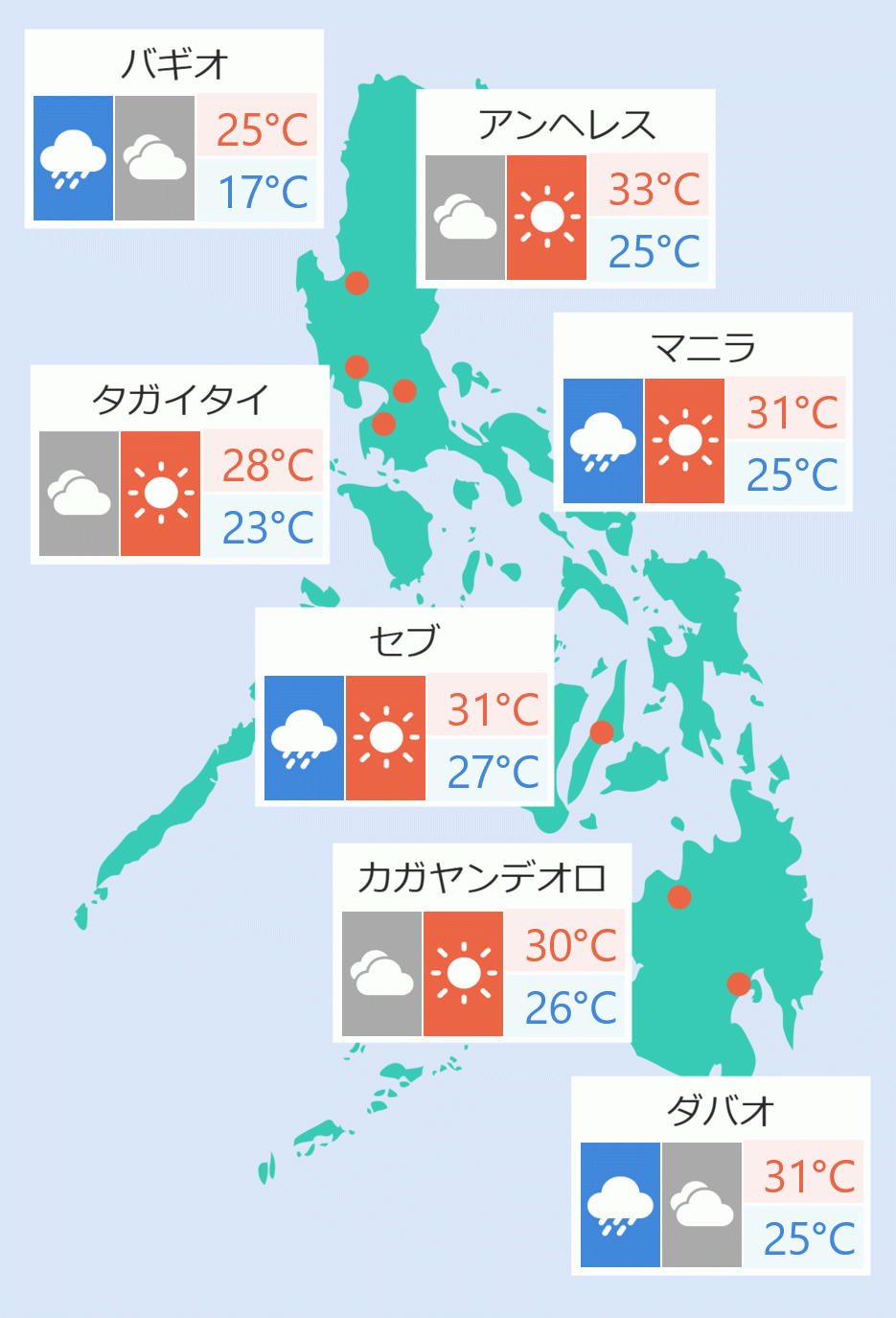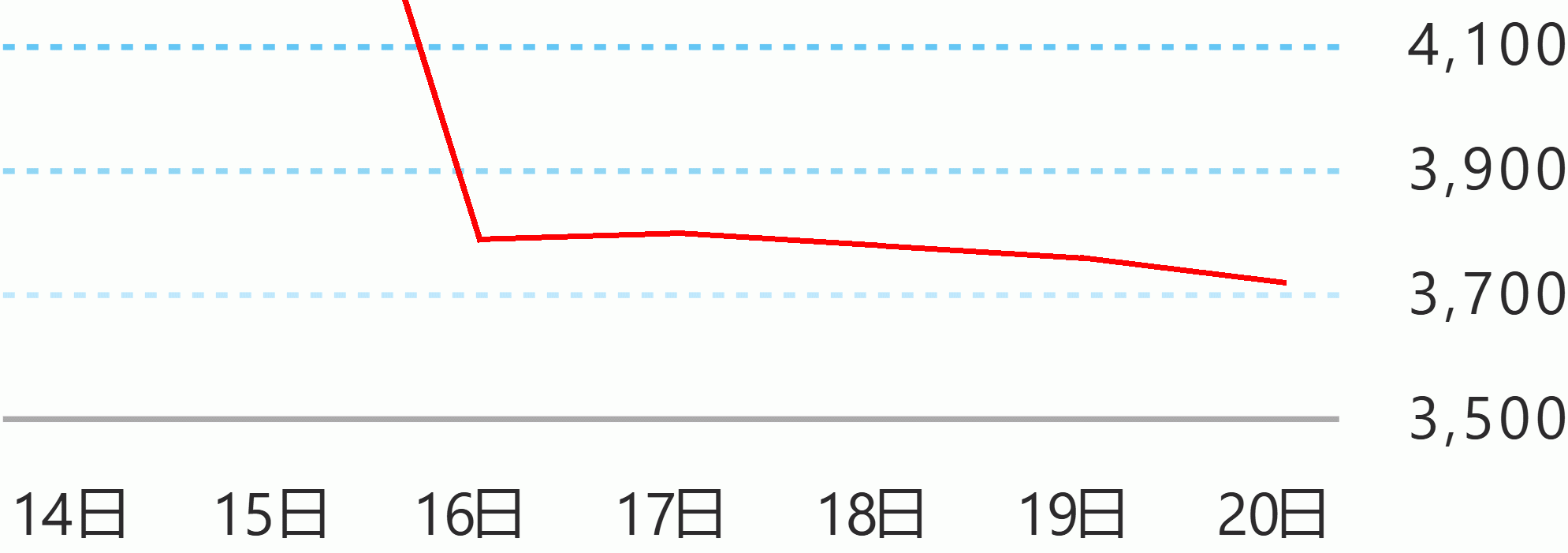Malacañang reminded on Monday the public of the limitations in areas under modified enhanced community quarantine, such as Metro Manila and nearby provinces.
In a virtual press briefing, Presidential Spokesperson Harry Roque said there is a "strict home quarantine in all households."
The individuals who are only allowed to go out are those who will access essential goods or services, those who will work in offices or industries permitted to operate, and the authorized persons outside of residence (APOR).
In all quarantine classifications, those below 21 years old and 60 and above years old, those with immunodeficiency, comorbidity, or other health risks and pregnant women are prohibited from going out their homes.
The only exercises allowed outside under MECQ are outdoor walks, jogging, running, and biking.
Mass gatherings are also barred, but for religious activities, the participants are not more than five persons. Also allowed are critical government services and authorized humanitarian activities.
There are no face-to-face or in-person classes at all levels under MECQ.
Roque said public transportation, back riding, domestic flights and inter-island travel are also banned in areas under MECQ.
However, shuttle services and P2P (point-to-point) transports, specifically prioritizing healthcare workers and other employees; private transportation, such as company shuttles and personal vehicles utilized by APOR; and limited international flights are allowed.
The industries, which are partially allowed to operate or with maximum 50 percent on-site employees are financial services, such as money exchange, insurance, and lending; legal and accounting; management consultancy activities; architecture, engineering activities, technical testing analysis; scientific and research development; computer programming; publishing and printing services; film, music and TV production; recruitment and placement agencies for overseas employment; other services such as photography, fashion;
Wholesale and retail trade of motor vehicles, motorcycles, bikes; dining/restaurants (for delivery and take out only); and malls and commercial centers (non-leisure only).
Not allowed under MECQ are public and private construction projects, barbershops and salons, all other establishments offering personal care; gyms/fitness studios and sports facilities; testing and tutorial centers; review centers; internet cafes; language, driving, dance/acting/voice schools; entertainment industries (like traditional cinemas, theaters); libraries, archives, museums and cultural centers; tourist destinations, such as water parks, beaches, resorts; travel agencies, tour operators, reservation service and related activities; full-body massage; tattoo and body piercing; and live events.
On the other hand, the industries that are allowed with safety protocols at maximum operational capacity are agriculture, forestry and fisheries; manufacturing of essential goods; essential retail, such as groceries, markets, convenience stores, drug stores; food preparation insofar as take-out and delivery services; water refilling station; laundry services, including self-service; public and private hospitals;
Logistics service providers; delivery and courier services, whether in-house or outsourced transporting food, medicine, or other essential maximum operating hours allowed goods; water supply and sanitation services and facilities; repair and maintenance of machinery and equipment' telecommunications companies; energy and power companies; gasoline stations; airline and aircraft maintenance, pilots and crew, and employees of aviation schools for purposes of the pilot's recurrent training; public and private construction projects that are essential; manufacturing companies and suppliers of equipment or products necessary to perform construction works, such as cement and steel;
BPO and export-oriented companies, including mining and quarrying; printing presses authorized by the Bureau of Internal Revenue or other appropriate agencies to print official receipts and other accountable forms; media establishments; mining and quarrying; electronic commerce companies; postal, courier and delivery services for articles; housing service activities, such as but not limited to plumbing, roofing, and electrical works; veterinary activities; security and investigation activities; funeral and embalming services; banks, money transfer services, pawnshops, microfinance institution, and credit cooperatives; and capital markets.
Meanwhile, Executive Secretary Salvador Medialdea issued a memorandum circular for operational capacity to be adopted by government agencies and instrumentalities during the MECQ.
Under MC N. 79, all government agencies and instrumentalities of the executive branch, including government owned or controlled corporations located in areas placed under MECQ, are directed to adopt a skeleton workforce up to a maximum of 50 percent operational capacity at any given time, unless a higher operational capacity is required in agencies providing health and emergency frontline services, border control, and other critical services.
Despite the adoption of skeleton workforce, Medialdea, however, said that all agencies shall ensure that the delivery of their respective services are not hampered or impaired.
He urged offices of the legislative and judicial branches of government, independent constitutional commissions and bodies, and local government units in areas placed under MECQ to adopt the provisions of the Circular, which shall take effect immediately.
President Rodrigo Duterte has decided to revert Metro Manila, Bulacan, Laguna, Cavite and Rizal to MECQ following the call of medical societies amid the rising COVID-19 cases in the country. Celerina Monte/DMS





 English
English









